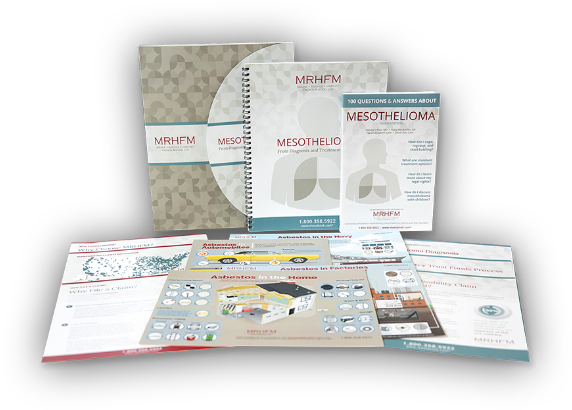CAR T Cell Therapy is a form of immunotherapy that involves using a patient’s own T cells and genetically modifying them in the laboratory to recognize mesothelin. The modified T cells, known as CAR T cells, are then returned to the patient to find and kill cancerous cells throughout the body.
Now, a team of researchers, under the direction of Dr. Prasad S. Adusumilli at Memorial Sloan Kettering Cancer Center (MSKCC), says the initial results of an ongoing mesothelioma clinical trial investigating the safety and effectiveness of CAR T Cell Therapy are “extremely promising.” The treatment shows promise in treating both malignant pleural mesothelioma (MPM) and pleural malignancies.
Dr. Adusumilli, Co-Director of the Mesothelioma Program at MSKCC, says 12 patients with biopsy-proven malignant pleural disease expressing mesothelin (MSLN) are enrolled in the trial, including two with secondary metastatic pleural disease from lung and breast cancer and ten with MPM.
“All 12 patients were given a single dose of IcasM28z chimeric antigen receptor (CAR) T cells intrapleurally,” he wrote. Initial results, reported in the American Society of Gene and Cell Therapy, “show that MSLN-targeted CAR T cells are well tolerated; have no sign of on-target, off-tumor, or therapy-related toxicity; and display evidence of CAR T cell antitumor activity.”
Adusumilli reported that, in addition, T cell persistence was associated with decreased soluble mesothelin-related peptide serum levels—more than 50% compared with pretreatment—and evidence of tumor regression on imaging studies in five patients.
One study participant successfully underwent curative-intent surgical resection six weeks after CAR T cell infusion. CAR T cells were detected in the peripheral blood of six patients—day one to 31 weeks—as evidenced by vector copy number, reported Adusumilli.
One of the most promising cases in the study is a patient with MPM who had a complete metabolic response on a PET scan, having received 3E5 CAR T cells per kilogram and 10 cycles of anti-PD-1 therapy to date. The patient remains “clinically well eight months after CAR T cell infusion, with evidence of CAR T cell persistence in peripheral blood and tissue at 31 weeks,” reported Adusumilli.
As of May 17, 2019, Dr. Adusumilli and MSKCC were recruiting additional participants for the trial titled, “A Phase I Clinical Trial of Malignant Pleural Disease Treated with Autologous T Cells Genetically Engineered to Target the Cancer-Cell Surface Antigen Mesothelin.” Study locations include MSKCC in New York City, Commack, and West Harrison, New York, as well as Middletown and Basking Ridge, New Jersey.
For more information about this study or to inquire about eligibility, please contact Dr. Prasad Adusumilli at 212-639-8093.
If you have been diagnosed with mesothelioma, talk to your doctor about the different clinical trials that might be available to you. A newer or experimental treatment such as Car T Cell Therapy could be effective in treating your specific type of mesothelioma. Talk to your doctor about participating in a clinical trial today.
Sources
“A Phase I Study of Immunotherapy with Genetically Engineered T Cells (CAR T Cells) to Treat Mesothelioma and Malignant Pleural Disease from Lung and Breast Cancers.” MSKCC.org. Memorial Sloan Kettering Cancer Center, 2019. Web. 12 Jul. 2019.
“Malignant Pleural Disease Treated With Autologous T Cells Genetically Engineered to Target the Cancer-Cell Surface Antigen Mesothelin.” ClinicalTrials.gov. U.S. National Library of Medicine, U.S. National Institutes of Health, U.S. Department of Health and Human Services (HHS), 19 May 2019. Web. 12 Jul. 2019.
Prasad, Adusumilli, S. “CAR T Cells Show Promise in Treating Mesothelioma and Pleural Malignancies.” MSKCC.org. Memorial Sloan Kettering Cancer Center, 17 May 2018. Web. 12 Jul. 2019.






